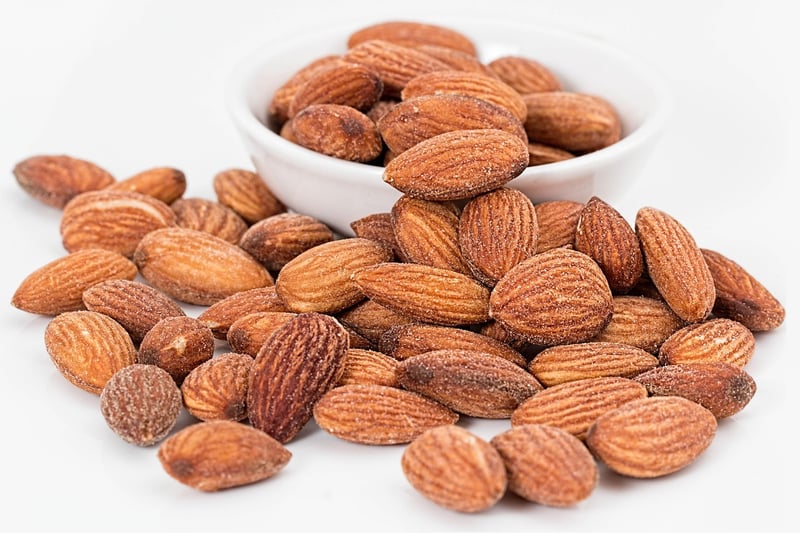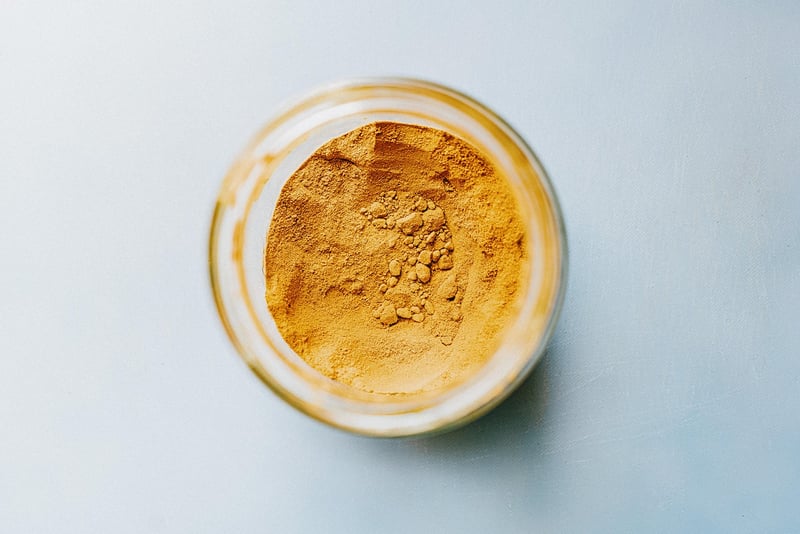Flavor Chemistry
The Science Behind Food: Flavor Chemistry
Food is not just a source of nourishment; it also provides us with an array of flavors that make eating a delightful experience. Have you ever wondered why certain foods taste the way they do? The answer lies in flavor chemistry, a fascinating field that explores the compounds responsible for the tastes and aromas we perceive. Let's delve into the science behind food and uncover the secrets of flavor chemistry.
What is Flavor Chemistry?
Flavor chemistry is the study of the chemical processes that occur in food to create the diverse tastes and aromas we encounter. It involves understanding how different compounds interact to produce specific flavors and how our senses perceive these flavors. By unraveling the complexities of flavor chemistry, scientists can enhance food products, create new flavor profiles, and improve the overall eating experience.
Key Players in Flavor Chemistry
Several key compounds contribute to the overall flavor of food:
- Aromatics: These volatile compounds give foods their characteristic aromas, such as the floral notes in lavender or the citrusy scent of lemons.
- Acids: Acids provide a sour taste to foods and play a crucial role in balancing flavors, as seen in the tartness of vinegar or citrus fruits.
- Sugars: Sugars offer sweetness and can enhance other flavors, like the caramelization of sugar in baked goods.
- Maillard Reaction Products: These compounds form when sugars and amino acids react during cooking, contributing to the savory, umami flavors in foods like grilled meat.
- Essential Oils: Found in herbs and spices, essential oils contain concentrated flavors that add depth and complexity to dishes.
The Role of our Senses
Our senses of taste and smell work in harmony to perceive flavors. Taste buds on our tongues detect basic tastes like sweet, sour, salty, bitter, and umami, while our sense of smell identifies aromas. The combination of taste and smell creates the full sensory experience we associate with flavor.
Applications of Flavor Chemistry
Flavor chemistry has diverse applications across various industries:
- Food Industry: Food scientists use flavor chemistry to develop new products, enhance existing flavors, and ensure product consistency.
- Fragrance Industry: Perfumers and fragrance experts utilize similar principles to create appealing scents for perfumes, candles, and more.
- Medicine: Flavor chemistry is crucial in the pharmaceutical industry to mask unpleasant tastes in medications, making them more palatable for patients.
By understanding the science behind flavor chemistry, we gain a deeper appreciation for the complex interplay of compounds that make our favorite foods taste so delicious.

Next time you savor a meal, take a moment to think about the intricate chemistry behind its flavors!
